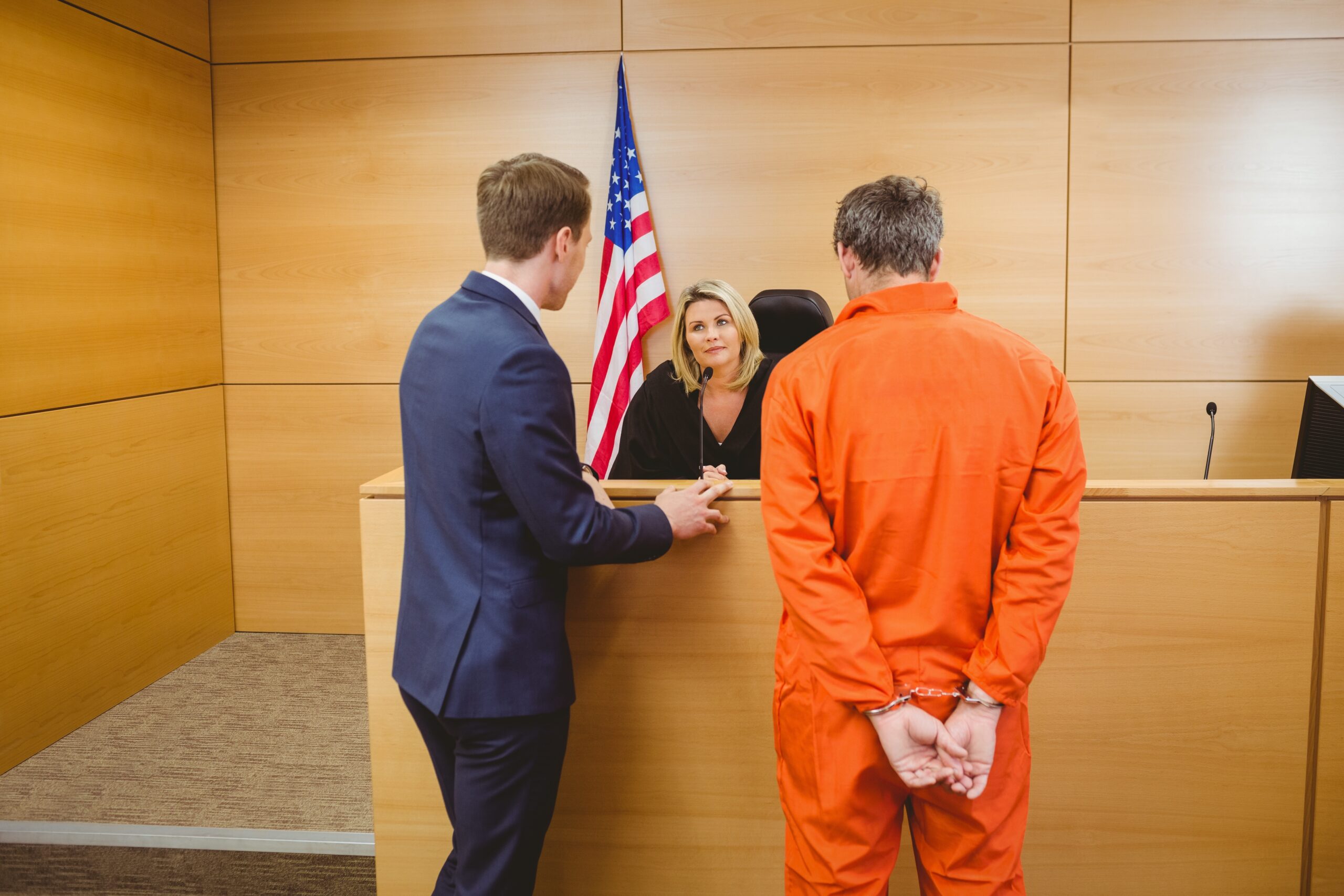When facing criminal charges in New Jersey, navigating the ensuing legal proceedings can be daunting. The initial stages involve numerous steps and adherence to strict regulations. Among these, the preliminary hearing represents a critical juncture. This hearing serves to establish where sufficient probable cause exists to warrant proceeding to trial. Understanding the intricacies of this phase is crucial when you are accused of a criminal offense. Please continue reading as we explore what you should know about these matters and how an experienced Bergen County Criminal Defense Attorney can help safeguard your interests.
What is a Preliminary Hearing in Criminal Law?
A preliminary hearing, also known as a “trial before trial” or probable cause hearing, is a court proceeding that happens after a criminal complaint has been filed to determine if there is enough evidence to move forward with a trial. Essentially, it’s a screening process that is used to preview the case and asses the strength of the prosecution’s evidence before a full trial commences. It can help determine whether there is sufficient evidence to support the charges.
It’s important to note that in a criminal case, the prosecution bears the burden of proof. This means that they are responsible for convincing the judge or jury beyond a reasonable doubt that the defendant is guilty. However, at a preliminary hearing, the standard of proof is lower. The judge only needs to find probable cause that a crime occurred and that the defendant committed it.
What Happens During This Hearing?
During the preliminary hearing, prosecutors might present physical evidence and call witnesses, often law enforcement officers. The defense can cross-examine witnesses and challenge the presented evidence. However, it’s uncommon for the defendant to testify or present their witnesses, as they have a right not to self-incriminate throughout the legal process, a decision best made in consultation with a qualified criminal defense attorney.
If the judge determines that the prosecution has not met their burden of proof and there isn’t sufficient evidence, the defendant will be released. Conversely, if sufficient evidence exists, the case moves to trial, and the defendant will either remain in custody or on bail until the trial.
Are These Hearings Always Required?
Preliminary hearings are not always mandatory in New Jersey criminal cases. They are often held for indictable crimes. However, defendants have the option to waive this right. Waiving this hearing may be advantageous if you intend to plead guilty, want to avoid publicity, or minimize further damage. The state allows for the use of a Grand Jury instead.
A grand jury, composed of 23 citizens, reviews the evidence to determine if there is enough to indict the accused. If an indictment is issued, the case generally moves to trial. However, if the grand jury finds insufficient evidence, the case might be dismissed or the charges reduced.
You should note that if a preliminary hearing has been scheduled, it must be held within 14 days of the initial appearance if the defendant is in custody, or 21 days if you has been released on bail.
For more information, please don’t hesitate to contact an attorney from The Law Office of Carl Spector.
